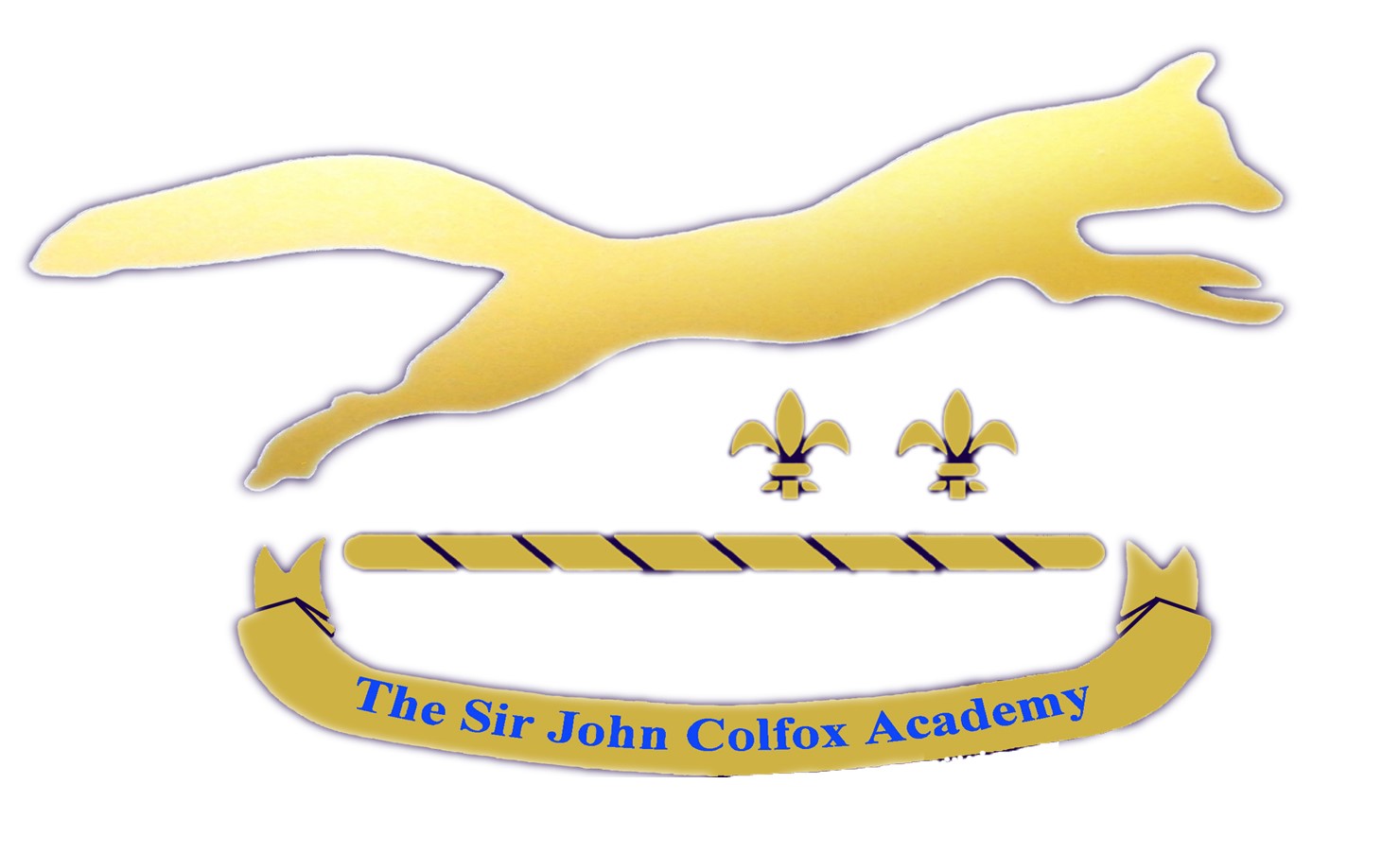Modern Foreign Languages
99% of people living in West Dorset speak English as their first language, and yet 80% of the world’s population do not use English. At The Sir John Colfox Academy, we want to broaden our students’ horizons and give them an enthusiasm for and an understanding of other cultures beyond our local area, giving them opportunities to take advantage of and thrive in a globalised economy. For this reason, we offer all students the opportunity to study both Spanish and French, two of the top three languages of the future according to the British Council.
We want to prepare students to be confident and effective communicators. An additional language is a sought-after skill in both the workplace and Further Education. It allows students to better understand how English works, improving their literacy through skills such as using a dictionary and applying the English grammar they learn at Key Stage 2 to a foreign language. Most importantly, learning a language at The Sir John Colfox Academy is a balance of practical and engaging activities, designed to inspire students and promote a lifelong love of language learning.
A Level
At A-Level, students follow the AQA course in Spanish and French. Students study in-depth the cultures and history of the Spanish- and French-speaking worlds, improving their grammatical knowledge beyond GCSE and gaining a solid insight into different cultures. By the end of the A-level, successful students can speak Spanish or French confidently with a high-degree of fluency.
All exams take place at the end of Year 13 and include:
· Paper 1 – listening, reading and translation (50% of the A-Level). In this two-and-a-half-hour paper, students complete a range of activities based on the topics studied at A-Level which test their comprehension and grammatical skills.
In Spanish, the topics include: Traditional and modern values (e.g. the role of religion, family, women and LGBTQ+ in the Hispanic world and technology); Artistic culture in the Hispanic world (e.g. the influence of idols, regional identity in Spain and cultural heritage); Multiculturalism in Hispanic society (e.g. immigration and racism); Aspects of political life in Hispanic society (e.g. dictatorships, politics and youth movements)
In French, the topics include: Aspects of French-speaking society – current trends (e.g. the role of family, technology and charity work); Artistic culture in the French-speaking world (e.g. cultural heritage, music and cinema); Aspects of French-speaking society (e.g. racism and criminality); Aspects of political life in the French-speaking world (e.g. youth movements, protests and strikes and immigration).
· Paper 2 – essay writing (20% of the A-level). In this two-hour paper, students write two essays about a film and a book. In lessons, students cover a range of topics, such as themes, characters and techniques.
In Spanish, the works studied are El coronel no tiene quien le escriba and El laberinto del fauno
In French, the works studied are Un sac de billes and Au revoir les enfants
· Paper 3 – speaking (30% of the A-Level). In this exam, students are given a photo card to discuss, related to the Paper 1 topics. They also present a two-minute Individual Research Project presentation on a topic of their choice in Spanish or French and then debate their findings with the examiner.
Further information about the A-Level courses can be found at:
Spanish: https://www.aqa.org.uk/subjects/languages/as-and-a-level/spanish-7692
French: https://www.aqa.org.uk/subjects/languages/as-and-a-level/french-7652

